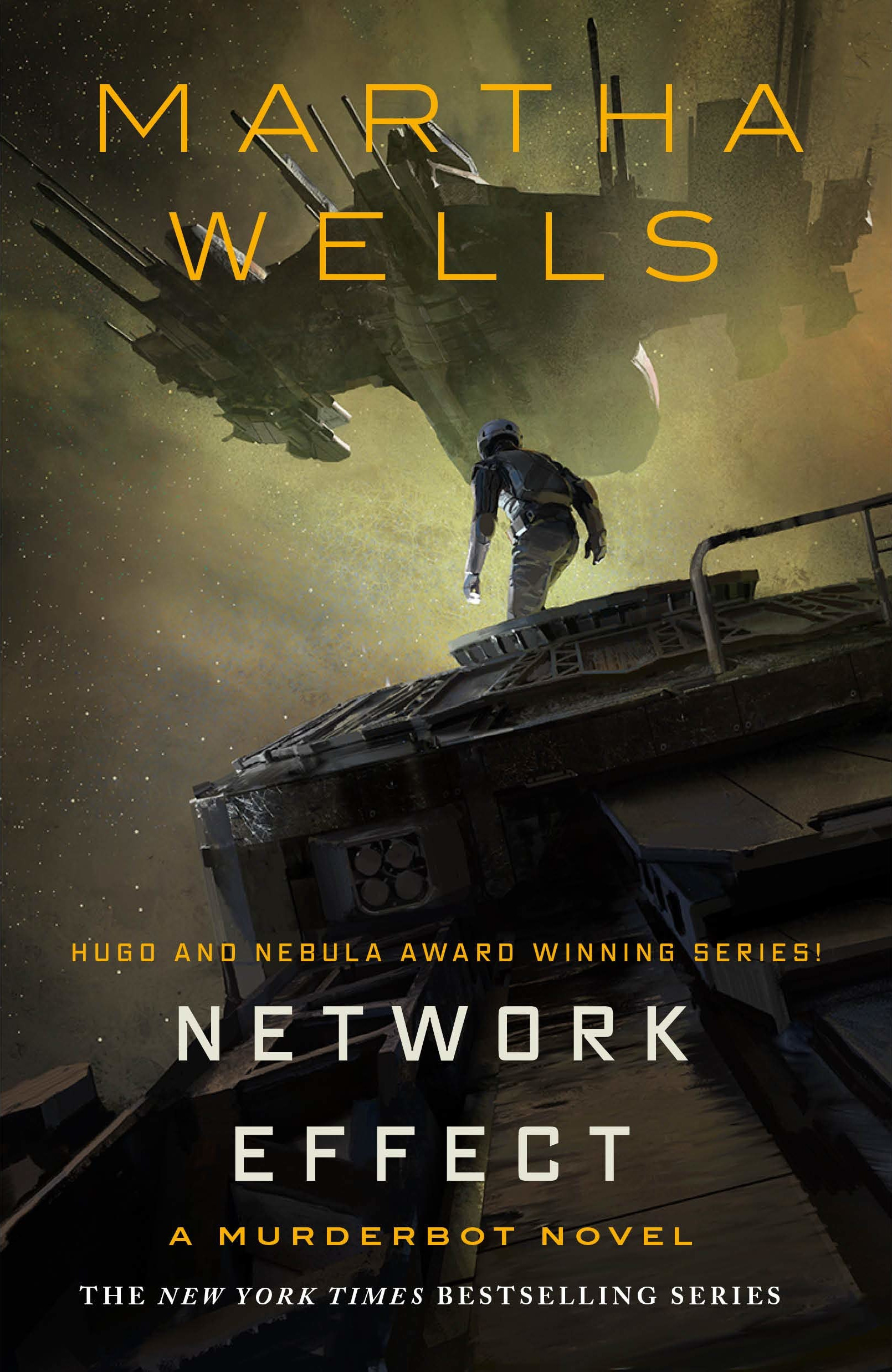 In
all the universe, no species has ever reached for the stars without the guidance of a patron—except
perhaps mankind. Did some mysterious race begin the uplift of humanity aeons ago? And if so, why
did they abandon us? Circling the sun, under the caverns of Mercury, Expedition Sundiver prepares
for the most momentous voyage in our history. A journey into the boiling inferno of the sun...
to seek our destiny in the cosmic order of life.
In
all the universe, no species has ever reached for the stars without the guidance of a patron—except
perhaps mankind. Did some mysterious race begin the uplift of humanity aeons ago? And if so, why
did they abandon us? Circling the sun, under the caverns of Mercury, Expedition Sundiver prepares
for the most momentous voyage in our history. A journey into the boiling inferno of the sun...
to seek our destiny in the cosmic order of life.
Brin's Uplift Saga was easily one of my favorite series way back in my younger days. The thing is, I started with the second book (Startide Rising), being unaware that the series started with Sundiver. I always meant to get to it, but didn't have a chance until now. Having done so, I'm going to re-read the six-book series which was published from 1980-1998.
So as the book blurb states, no species has ever reached the stars without the guidance of a patron. But somehow, Humans were able to do it on their own. It is an amazing feat, if true. However, it came with a few tradeoffs. On the negative side, we had to invent everything that the Galactic Library just teaches the other races, not to mention our species' tumultuous adolescence (wars, pollution, etc.). But on the positive side, we were spared the indentured servitude client races have to endure at the behest of their patrons. These can go on for hundreds of thousands to millions of years.
While a few races cheer us on, the vast majority see us as enigma or worse, an abomination. Surely, the Humans must've had a patron at one point but for some inexplicable reason, abandoned the uplift process, a crime by galactic standards.
Rumors are circulating that clues to our patron can be found inside the sun, so an expedition is underway to search for those clues. How can a spaceship possibly survive a trip into the sun? Well, there's a back-of-the-envelope style explanation that Brin gives us and it involves a refrigerator laser and thermodynamic equations that I don't fully understand, but he holds a doctorate in astrophysics, so I trust him that it's legit even if the technology is currently beyond us.
So besides the human crew and passengers, there are some alien representatives going along as advisors and witnesses, some friendly, some not. Jacob is our protagonist, who was invited to go along by Fagin, a Kanten (a mobile, tree-like species), to serve as an investigator. The story is primarily told from Jacob's viewpoint. Also present are the commander of the ship, Helene deSilva; Bubbacup, a Pila representative from the Galactic Library; his assistant Culla, a Pring, who are a client race to the Pila (pictured on the cover); Dr. Kepler, the Human head of the mission; Dr. Martine, a psychologist; and LaRoque, a politically charged journalist invited along to write about the mission.
Brin crafts the story as a mystery. There's a murder to go along with schemes to end the mission with disappointment or failure—depending on the schemer. It's up to Jacob and his fellows to figure things out to save Earth's reputation and (mild spoiler) their lives, for the stakes are higher than they realize.
All in all, an enjoyable read.
4 stars
\_/
DED

 After
reading a couple of short stories in this series, including one that's an intro to the humans
in ART/Perihelion's crew (see
After
reading a couple of short stories in this series, including one that's an intro to the humans
in ART/Perihelion's crew (see  Found this at the annual C.H. Booth Library book
sale. It's a standalone in the Alliance-Union Universe of which Downbelow Station
is probably the most well-known. Having recently read The Pride of Chanur, I was curious
to read something else by C.J. Cherryh. Unfortunately, this one wasn't as enjoyable.
Found this at the annual C.H. Booth Library book
sale. It's a standalone in the Alliance-Union Universe of which Downbelow Station
is probably the most well-known. Having recently read The Pride of Chanur, I was curious
to read something else by C.J. Cherryh. Unfortunately, this one wasn't as enjoyable. Rosewater
is a town on the edge. A community formed around the edges of a mysterious alien biodome, its residents
comprise the hopeful, the hungry and the helpless—people eager for a glimpse inside the dome or
a taste of its rumored healing powers.
Rosewater
is a town on the edge. A community formed around the edges of a mysterious alien biodome, its residents
comprise the hopeful, the hungry and the helpless—people eager for a glimpse inside the dome or
a taste of its rumored healing powers.
 I
wasn't planning on reading this book. While I enjoyed the first few Van Halen albums—I
checked out after 1984—there are a lot more people further up on the fan
spectrum than me. But a friend of mine loaned it to me, thinking that I might enjoy
reading it (I'd loaned him Bruce Dickinson's What Does This Button Do?, so fair
exchange). And yes, to some extent, I did enjoy reading it.
I
wasn't planning on reading this book. While I enjoyed the first few Van Halen albums—I
checked out after 1984—there are a lot more people further up on the fan
spectrum than me. But a friend of mine loaned it to me, thinking that I might enjoy
reading it (I'd loaned him Bruce Dickinson's What Does This Button Do?, so fair
exchange). And yes, to some extent, I did enjoy reading it.
